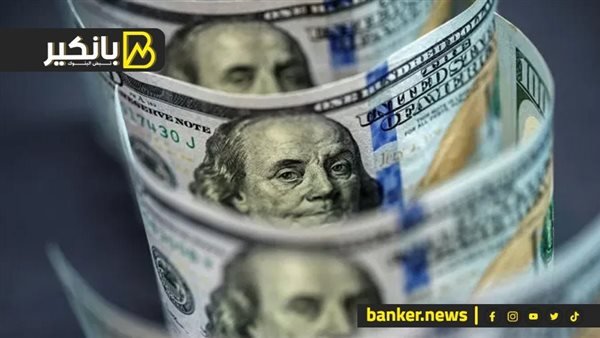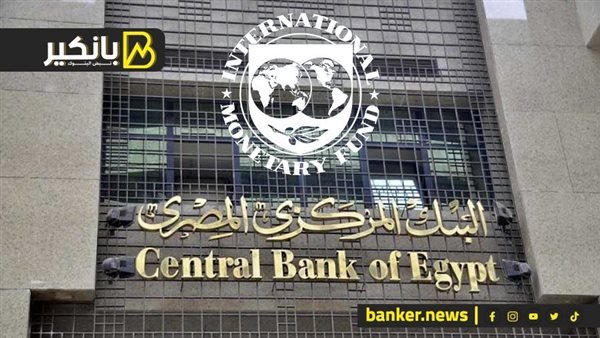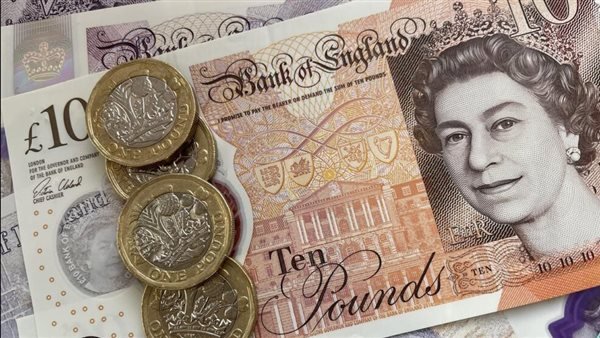
Dear followers everywhere, welcome to a new analysis of the most important reports presented by the Banker Research Unit around the clock today, Thursday, November 14, 2024.
Today, Banker platforms presented a large number of reports on economic affairs, and the greatest focus was on the Egyptian industry and exports file and the state’s plans to break out to new horizons in the two most important files in the Egyptian economy currently, with the presidential directives to deepen local manufacturing and increase exports.
We begin with a report on the return of spirit to the textile industry in Egypt.. What the state intends to do in this important sector..
Banker explained that the textile industry in Egypt has a long history and it is an industry that represents part of our heritage and Egypt’s image before the world. In the past, Egypt exported the finest types of fabrics and the Egyptians were known for the quality of the fabric they produced, but with the passage of time, this industry began to weaken, for many reasons such as the rise in production costs, increased competition from other countries, and the emergence of many problems in the quality of products and marketing methods… and the result was the industry. Egypt has lost a large part of its position in the world
The report pointed out that the Egyptian government realized the importance of this industry and recently began implementing an ambitious plan to revive the textile sector. The Egyptian government developed a comprehensive plan to develop the textile industry. This plan depends on more than one axis. In the beginning, huge budgets were allocated to modernize existing factories as well. Building new factories with the latest international technologies.. According to recent reports, the state has allocated investments amounting to more than 21 billion Egyptian pounds, to revive this industry. This reflects the strong interest in bringing the industry back to the forefront
Banker explained that one of the largest textile development projects in Egypt is the Rubiki Industrial Complex in 10th of Ramadan City. This complex includes many factories in the fields of spinning, weaving and dyeing, and it aims to be one of the largest specialized centers in the Middle East and Africa. There are other development projects in Mahalla al-Kubra, Damietta, and other areas that have a long history in the textile industry.
The next report submitted by the Banker Research Unit was about the story of the largest furniture complex operating in New Alamein
The report said that the story began 24 hours ago, when Engineer Hassan Al-Khatib, Minister of Investment and Foreign Trade, met with Darek Krupa, Chairman of the Board of Directors of the Polish company PADMA for manufacturing home furniture, and Ahmed Magdy, CEO of the company in Egypt, and this was with the aim of discussing the company’s plan to establish an industrial complex to produce Furniture in New Alamein City with investments amounting to 70 million euros.
Banker pointed out that the Polish company PADMA is one of the largest furniture companies in the world and Europe, and that it operates an industrial complex here in Egypt. This means that the company has big plans in the Egyptian market and that it intends to benefit from Egypt’s geographical location and the capabilities it has in ports and infrastructure in order to also export to Africa and other markets. It is new to the region, and this means that this industrial complex is just the beginning of other investments that the company intends to make in Egypt.
The report highlighted the statements of Darek Krupa, head of the Polish company, in which he praised the efforts and support provided by the Egyptian government to the business community and foreign investors, and confirmed that construction work had already begun on the industrial complex for furniture manufacturing in New Alamein City, which has a total area of 400 thousand square metres. Also, the company is now ready to train technical workers and raise their efficiency in preparation for the production process.
Regarding the start date of the manufacturing process, it will be during the first quarter of 2026. This factory will be sufficient for the local market, and we will also be able to export 100% abroad, especially to the markets of Europe and America, because this project targets annual exports of about 250 million euros.
In addition, the volume of investments in the project is 70 million euros as a first phase, with a local component starting from 40%, and will reach 80% over the next 5 years until 100% remains Egyptian.
Banker platforms presented a special report on the exports of the industrial sector in Egypt and how it is planned to reach 100 billion dollars..
The report said that there were direct assignments issued by President Abdel Fattah El-Sisi to encourage exports in all fields, and in order to achieve this goal, the government decided to assign the Ministry of Industry to the Ministry of Transport under the leadership of Lieutenant General Kamel Al-Wazir, who remained Minister of Industry and Transport in the new government during the president’s new presidential term. Abdel Fattah Al-Sisi, and his main task in the current period is to revive the Egyptian industry and operate the factories that have stopped working.
Banker explained that the government announced the goal of establishing very large models of industrial complexes to serve high-tech industries, which will reach 7 industrial clusters. This is in addition to the existence of a plan to complete the annexation of the Rubiki city for leather tanning, the completion of the facilities of the industrial zones in Sohag Governorate, and the completion of the annexation work for the industrial zones in the Qena Governorate. Raising the operating efficiency of the industrial zones in Sohag and Qena, legalizing the conditions of 2,000 informal sector factories, and transferring 300 of them to industrial zones and complexes.
The report revealed that the government’s plan at the present time also includes restarting 80 faltering factories, continuing to modernize the infrastructure in industrial complexes, including the plastic industries complex in Margham in Amriya, Damietta Furniture City, and the textile industries zone in Mahalla al-Kubra and Kafr al-Dawwar, and completing development work at Safaga Port to serve transport and trade movement. .
The latest report presented by the Banker Research Unit today was regarding the state’s plan to revive the automobile industry
The report said that President Abdel Fattah El-Sisi, during the opening of the Upper Egypt train station in Bashteel, spoke frankly about the Egyptian import bill from abroad, and specifically mentioned some of the needs that Egypt imported from abroad. Unfortunately, the numbers turned out to be shocking.
Banker pointed out that one of the things that I am talking about, Mr. President, and for which Egypt paid a very large bill, was the import of vehicles and their spare parts, of which the import bill reached 3.4 billion dollars in the first 8 months of 2024, and this is a very large number for Egypt, especially since Egypt is targeting Reducing imports and increasing exports, and therefore there had to be a pause to reconsider the prices with which Egypt imported all these things.
Banker highlighted the government’s efforts to re-attract capital to the Egyptian market, and of course one of the government’s targets was the automobile sector, in which the state actually took measures that changed the picture 180 degrees. In the past period, Egypt signed a large number of agreements and operating contracts for a large number of factories to start… Local manufacturing of vehicle components in Egypt and the Suez Canal Economic Zone.
Banker pointed out that China had the lion’s share of the investments and agreements signed by the government, by signing contracts to manufacture cars in Egypt, and by the end of this year, Egypt will begin to shift from importing to exporting, especially since a good percentage of the factories that have signed operating contracts will begin pumping their products into the Egyptian market. .
The government’s goals for the return of local manufacturing of cars are not limited to China only. No, the country has also signed operating contracts for factories from a large number of countries in the world, the most recent of which was Malaysia, which opened its first factory to produce Malaysian cars in 6th of October City.
The report highlighted the statements of Kamel Al-Wazir, Minister of Industry and Transport, in which he said that Al-Sisi directed the government to transform Egypt into a regional industrial center according to the latest environmental and sustainable standards, and to support and encourage increasing the production capacities of factories with the aim of providing the needs of the local market, especially in the field of automobile manufacturing and exporting abroad with high quality and prices. competition.



